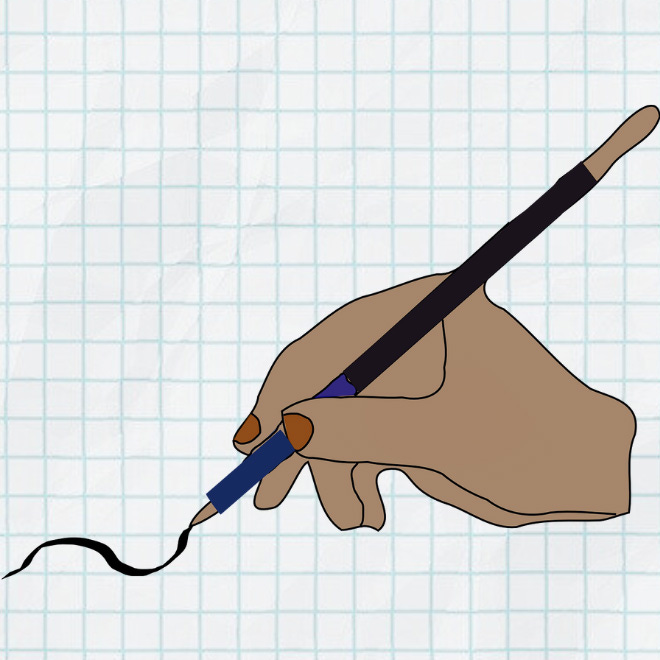Day 24: Trust when it's ok not to write
From Michelle Boyd, founder of InkWell Academic Writing Retreats
Photo by Michelle Boyd
I’d just opened my laptop when my niece floated in and flopped down on the couch. She’d been sleeping in my office for a week, which meant I’d been working from my bedroom floor, hunched over my laptop. This was my first chance to write in an upright position, so I put my hands on the keyboard and hoped she would hear my silent plea: please, please, please don’t start talking to me.
She starts talking to me.“Heyguesswhatyouwannaknowwhatjusthappenedtome?” I am just about to say that in fact, I don’t, when I actually take in what’s happening: my husband’s at work. My sister-in-law is running errands. And I have my 17-year-old, off-to-college-in-a-year niece all to myself.
A private conversation with her—one unmediated by social media or technology—is more precious to me than a few hundred words. So I close my laptop while she chatters away, zipping from topic to topic like a hummingbird. When she flounces out the door an hour later, she’s got tiny pieces of my heart in one hand, and all my writing time in the other. And frankly, I was happy to give her both. That’s because I’ve clearly defined when It’s OK Not to Write—and this was one of them.
There aren’t many situations like this, and they don’t happen often. But knowing when it’s OK to break from our writing routine is crucial to a writer’s ability to maintain their discipline overall. Once we’ve defined when It’s OK Not to Write, we feel less guilty about letting writing go when those instances arise. Because we’ve already defined our own internal standards, we don’t need as much discussion with ourselves when the moment comes to apply them. It’s also easier to recognize those sneaky moments that seem like a good reason not to write (email, grading, meetings), but really aren’t.
To be most effective, it helps if your Not Writing criteria follow a couple of guidelines. First, they have to be right for you. For example, I’m an insomiac, so it’s OK Not to write When I Haven’t Slept. But if you’re a parent, that likely won’t work for you.
Another thing about Not-Writing criteria? They tend to vary over time (sorry). So it helps to rethink them every so often. The beginning of each term is a good time; or when you’re starting / stopping sabbatical.
At those moments it helps to ask yourself: Under what circumstances do I feel It’s OK Not to Write?
Not in general, or for my colleague — but for me, given my priorities, circumstances, and values.
Many scholars mistakenly believe that a strong writing practice requires being rigidly, robotically beholden to a writing routine. I’m the first to agree that a strong practice requires us to prioritize writing over other parts of life. But the flip side of that discipline is a shining clarity about its limits—and an ability to walk the thin line between discipline and flexibility. A scholar with a healthy, productive practice knows how to give themselves to writing. And they also know how to give it up.
As a writing coach and retreat facilitator, I’ve helped hundreds of scholars—from all ranks and a wide range of institutions and inter/disciplines—move past their anxieties, reconnect with their writing, and develop a calmer, more confident, more productive writing practice. Sign up for InkWell's free online retreat to experience the power of retreat writing for yourself.
Michelle Boyd, founder of InkWell Academic Writing Retreats









What a perfect prompt for a Friday (and a long holiday weekend in the U.S.!) Thank you, Michelle - so wise and refreshing as always! 🙏
I'm coming late to commenting on this post because -- guess what?! -- I took a few days off and trusted that it was "okay not to write." Thank you, Michelle, for reminding us that our scholarly writing is nourished, not drained, by the attention we pay to the rest of our lives.